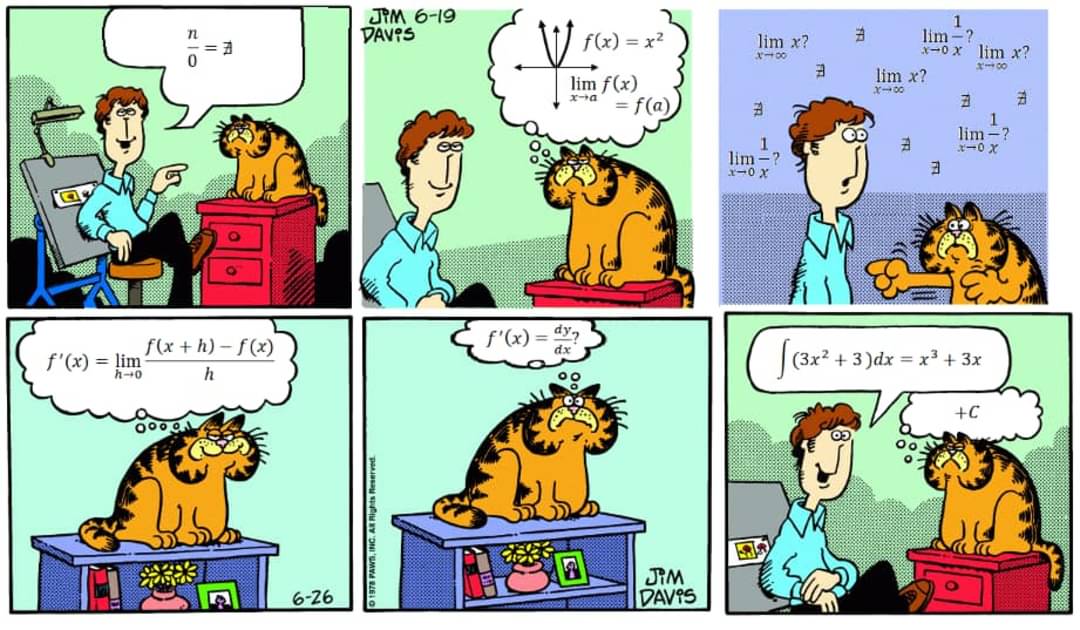this post was submitted on 23 Jun 2024
139 points (92.1% liked)
Science Memes
11047 readers
2881 users here now
Welcome to c/science_memes @ Mander.xyz!
A place for majestic STEMLORD peacocking, as well as memes about the realities of working in a lab.

Rules
- Don't throw mud. Behave like an intellectual and remember the human.
- Keep it rooted (on topic).
- No spam.
- Infographics welcome, get schooled.
This is a science community. We use the Dawkins definition of meme.
Research Committee
Other Mander Communities
Science and Research
Biology and Life Sciences
- [email protected]
- [email protected]
- [email protected]
- [email protected]
- [email protected]
- [email protected]
- [email protected]
- [email protected]
- [email protected]
- [email protected]
- [email protected]
- [email protected]
- [email protected]
- [email protected]
- [email protected]
- [email protected]
- [email protected]
- [email protected]
- [email protected]
- [email protected]
- [email protected]
- [email protected]
- [email protected]
- [email protected]
- !reptiles and [email protected]
Physical Sciences
- [email protected]
- [email protected]
- [email protected]
- [email protected]
- [email protected]
- [email protected]
- [email protected]
- [email protected]
- [email protected]
Humanities and Social Sciences
Practical and Applied Sciences
- !exercise-and [email protected]
- [email protected]
- !self [email protected]
- [email protected]
- [email protected]
- [email protected]
Memes
Miscellaneous
founded 2 years ago
MODERATORS
you are viewing a single comment's thread
view the rest of the comments
view the rest of the comments

I don't get it. What is the progression in this supposed to be?
My interpretation is that Jon starts talking about how division by 0 is not possible. Garfield then goes on about how we can use limits to assign values to such expressions, which we can use to calculate derivatives. I guess Garfield starts to question whether dy/dx really exists after all this.
Jon then changes the subject to be about integrals, which Garfield is immediately annoyed about the missing +C.
It’s super funny.
Haha thanks for the explanation :) Actually figuring out that Jon cannot hear Garfields thoughts and that Garfield is always a step ahead of him made it much easier to understand
Is the +C "new"? I have a B.Sc majoring in mathematics. Now I graduated over 30 years ago and I never used much that I leaned in my degree during my career - so I couldn't differentiate or integrate to save my life today. But, the equations at least look familiar. The +C does not.
Definitely not new. However, in many practical applications you can sorta kinda ignore it (but definitely not all!).